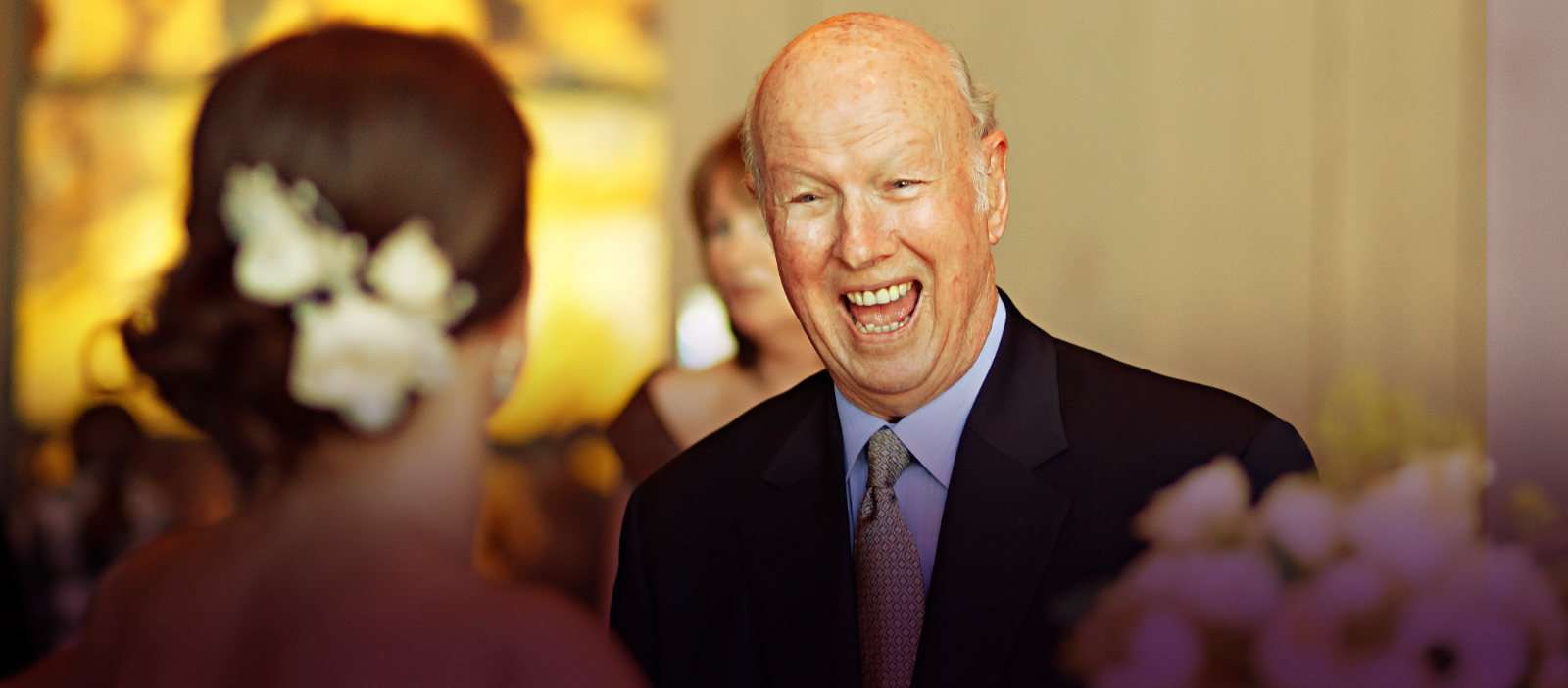During the journey many of us will take with an older family member there will come the juncture of whether to have in-home care, a move to a smaller place or a move to an assisted living facility.
On an emotional level, we all think it’s better for everyone if they stay in their home with in-home care. That works if family members are within a 15 minute drive. If this isn’t the case then one must really begin to think about “the best care.” Best care means the best for everyone concerned. These are tough issues and we tend to put off these decisions until you need to make them. That is the wrong time — you’re under an amazing amount of pressure, emotions are swirling and not all family members agree on the definition of “best care”.
My father always said he was going to die in his home. That he would only be taken out “feet first”. The children always went along with him because there was no need to rock the boat. Mother, whose dementia was getting worse, would agree with Dad. In order to accommodate Dad, we hired a caregiver to come in three times a week to “entertain” Mom. The bad news – caregivers don’t stay forever. (In this case 6 months which is a long time in the caregiver world.) We hit the jackpot with our first one but then the next three simply didn’t do the job. They were late, wouldn’t’t show up . . . all the usual employment issues.
In our opinion, several questions must be asked:
How many family members living in the home?
Do both need care?
How mobile are they?
Does anyone drive?
Do they need 24hr care or will 4 to 6 hours 3 times a week suffice?
Does anyone have dementia/alzheimer’s?
Once these questions are answered then it’s easier to come up with a solution. Following are some practical things to think about:
How much money is there?
Is there Long Term Care policy?
Does one need more care than the other?
Is it only one family member?
Do you need to be “medicaid ready”?
Are there other benefits for which your family member is eligible?
In the case of Mom and Dad we had a catastrophic event and we had to move them from their home to a totally new location (see my first article). This experience is how I know that asking your parents what they want done in their ‘final chapter’ is easier said than done. It’s an extremely difficult conversation and we tend to avoid it. DON’T! If you don’t think you’re capable of having this discussion, hire someone to assist – sometimes our loved ones hear bad news better from outsiders. If you’re emotionally wrung out because you’re in the middle of the “journey” — you are not alone.
Parenting Your Parents has mental health professionals who are skilled in family matters as well as move managers (a person who manages the entire move — from sitting with the person and deciding what to keep, to selling/giving away the surplus and hiring and managing the move) — all of whom assist in making any transition as easy as possible . . . and none are easy.

